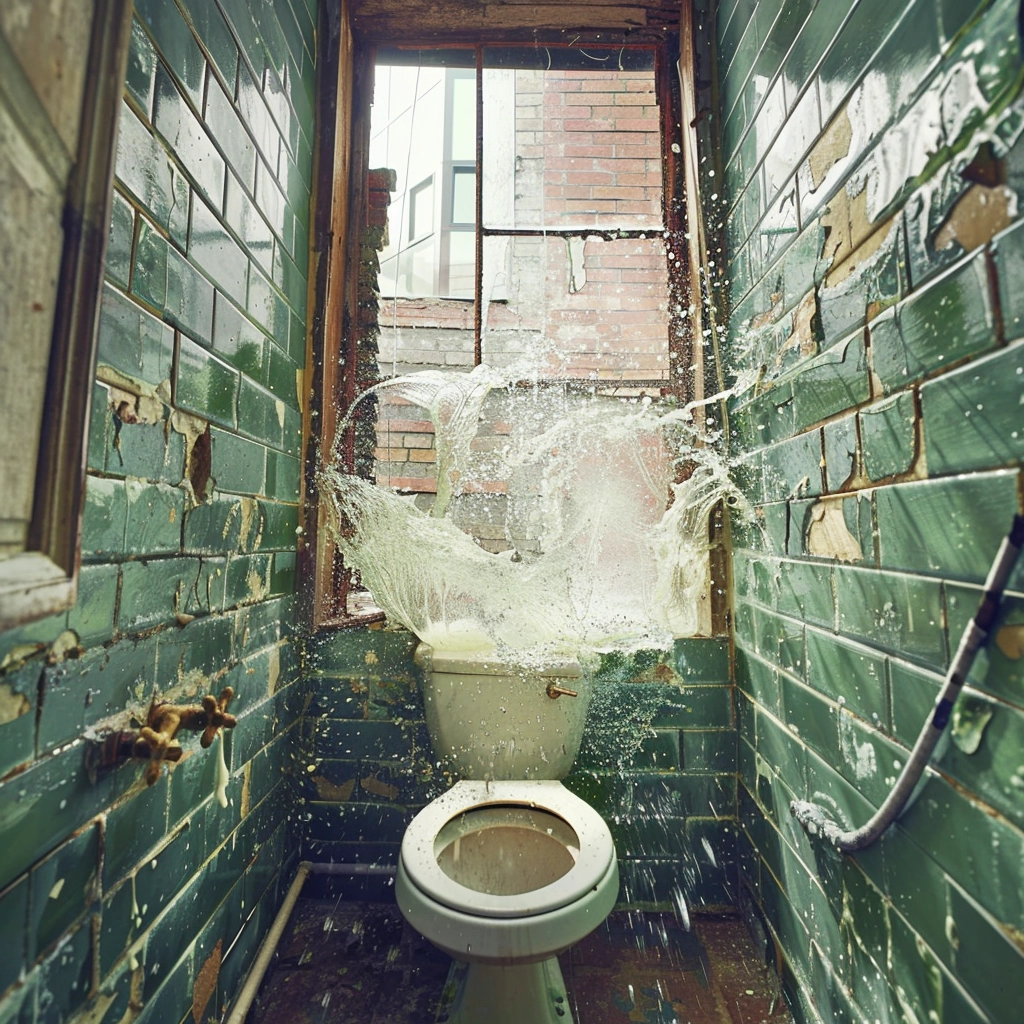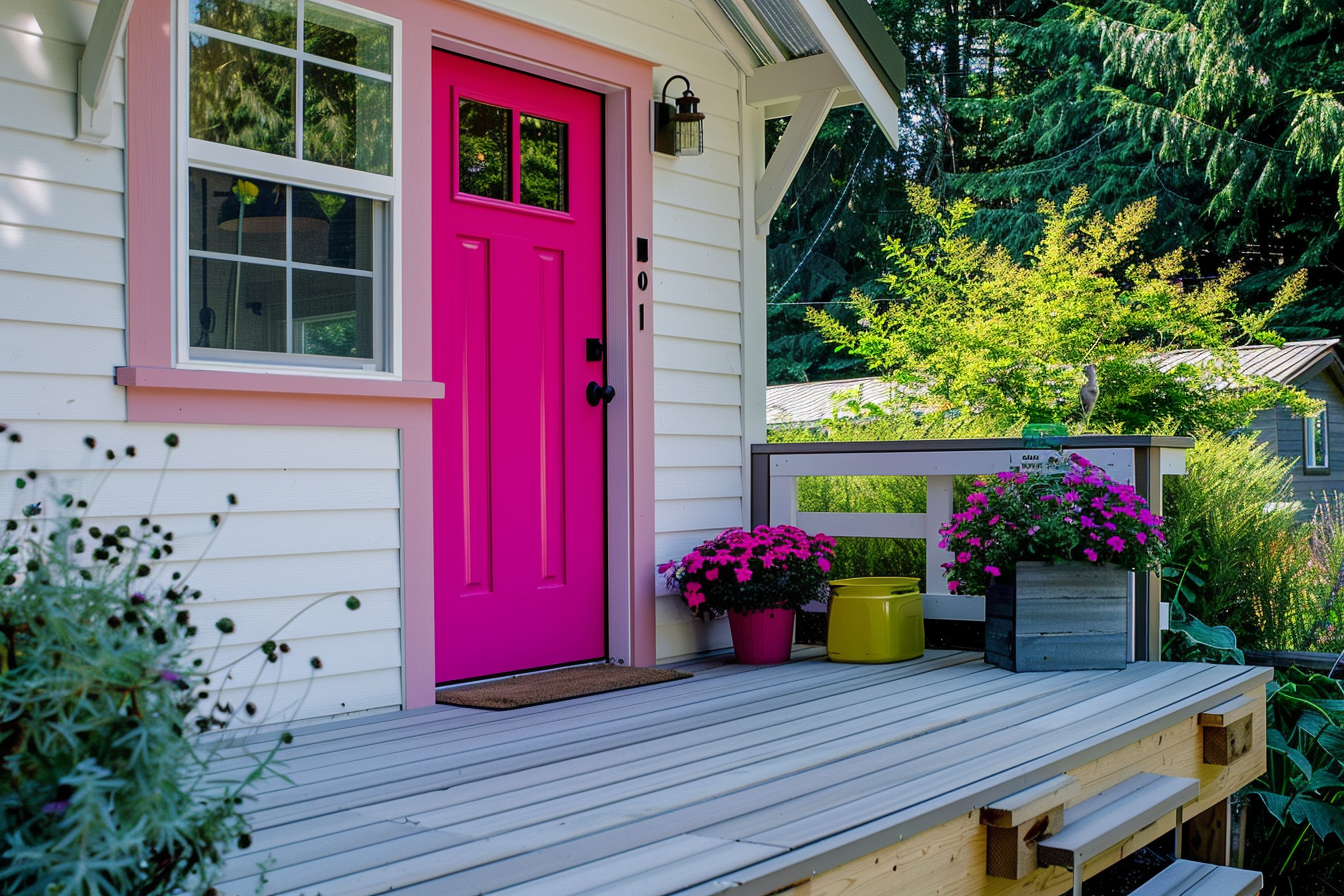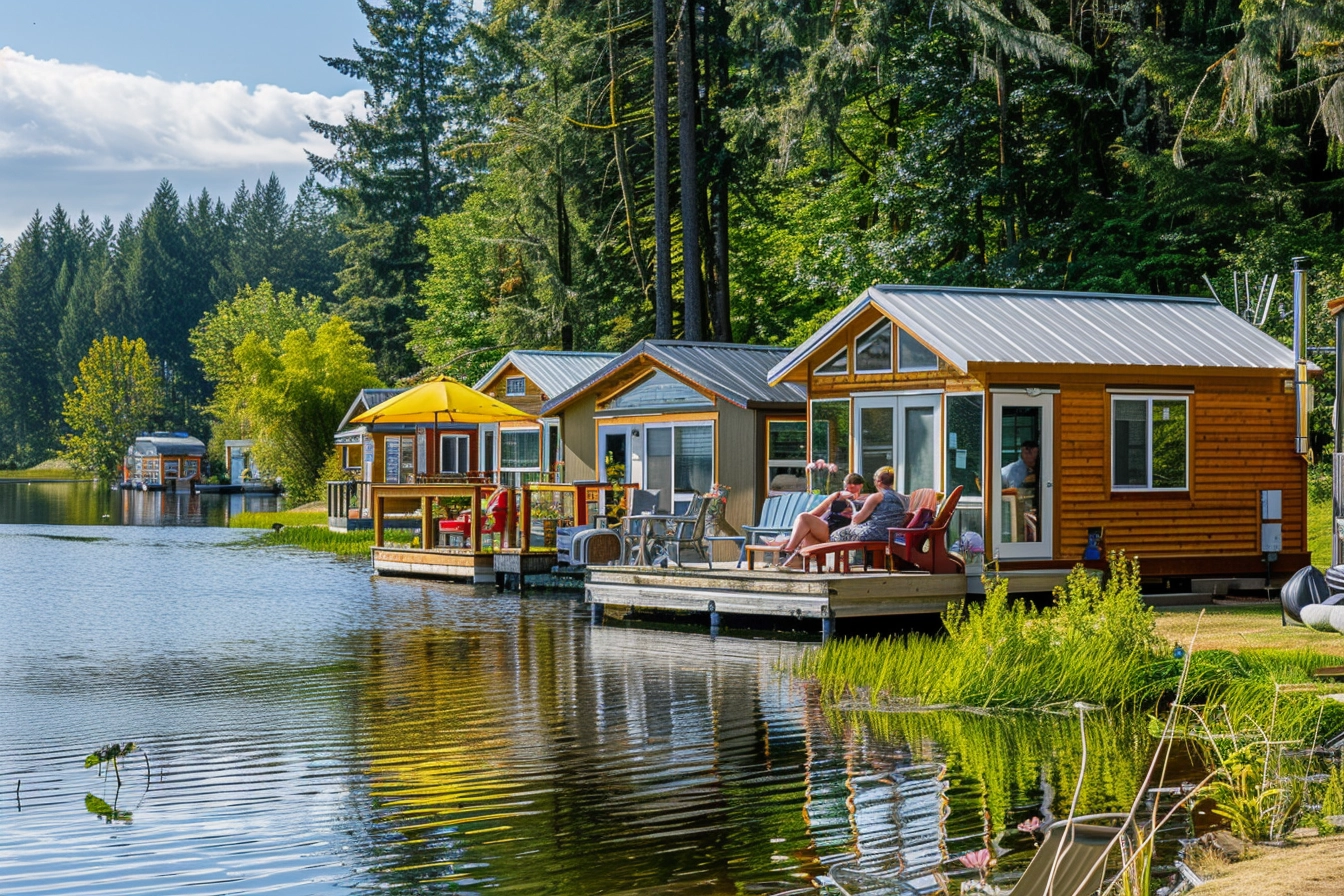

No one wants to deal with a plumbing emergency, especially when it involves costly repairs and inconvenience. However, many plumbing issues can be prevented by taking proactive measures and practicing good habits. In this blog post, we’ll explore some common causes of emergency plumbing situations and provide tips on how to avoid them, saving you from the hassle and expense of calling an emergency plumber.
Blocked Drains
Clogged drains are one of the most common plumbing problems homeowners face. Hair, food particles, and other debris can accumulate over time, leading to slow drains or complete blockages. To prevent this issue:
- Use drain covers or hair catchers to prevent hair and debris from entering the drain.
- Avoid pouring grease, oil, or fat down the drain, as these can solidify and cause clogs.
- Regularly flush your drains with a mixture of baking soda and vinegar to break down and remove buildup.
Blocked Toilet
A clogged toilet is not only frustrating but can also lead to messy overflows. To prevent toilet clogs:
- Don’t flush anything other than toilet paper down the toilet. Items like feminine hygiene products, baby wipes, and paper towels can easily cause clogs.
- Consider installing a toilet with a larger flush valve or higher water pressure to improve flushing efficiency.
- Keep a plunger handy and use it at the first sign of a slow-draining toilet to prevent further blockages.
Don’t Flush What You Shouldn’t
It’s essential to be mindful of what goes down your drains and toilets. Flushing or pouring inappropriate items can lead to severe clogs and potential damage to your plumbing system. Avoid flushing or pouring the following items:
- Feminine hygiene products
- Baby wipes or wet wipes
- Paper towels or facial tissues
- Grease, oil, or fat
- Hair
Clean Your Gutters
Clogged gutters can cause water to overflow and seep into your home’s foundation or basement, leading to potential plumbing issues. To prevent this problem:
- Regularly clean your gutters and downspouts to ensure proper water flow.
- Install gutter guards or covers to prevent debris accumulation.
- Direct downspouts away from your home’s foundation to prevent water damage.
By following these simple tips and practicing good habits, you can significantly reduce the risk of plumbing emergencies and avoid the need for costly repairs or emergency plumber visits. Remember, prevention is key when it comes to maintaining a well-functioning plumbing system in your home.
If you need further assistance or have specific plumbing concerns, be sure to check out our sponsored links for expert advice and reliable plumbing services tailored to your needs.




